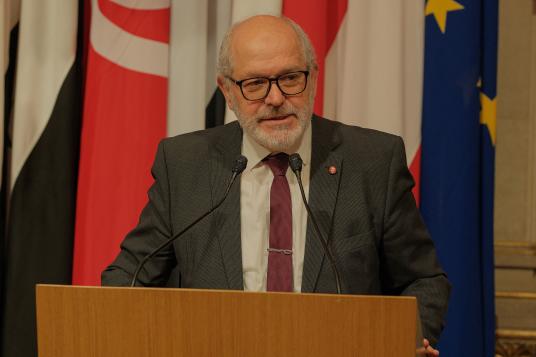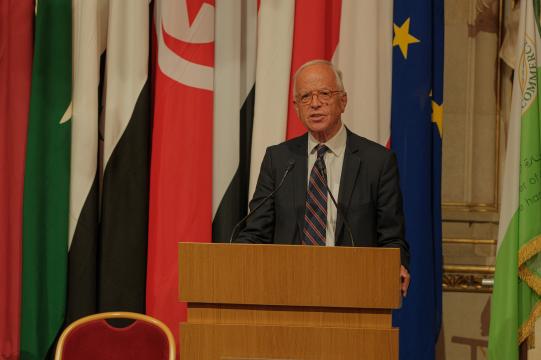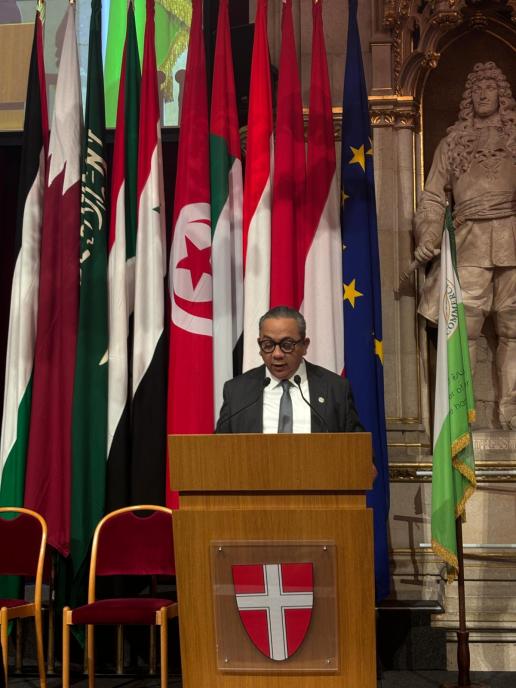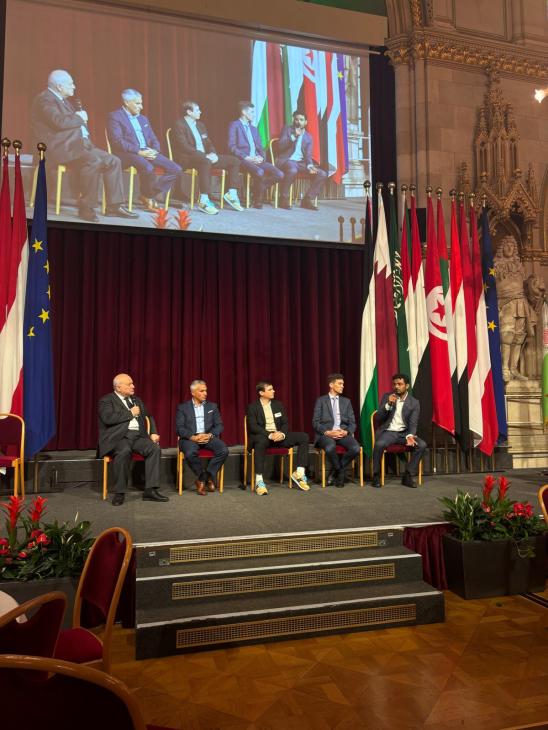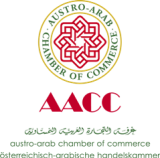Distinguished guests from Austria and across the Arab world were welcomed by the resonant strains of the Austrian National Anthem, setting an inspiring tone. The event began with a special video message from H.E. Dr. Alexander Van der Bellen, the President of Austria, who conveyed his appreciation for the longstanding partnership between Austria and the Arab world, saying:
"Since its founding, the AACC has played a crucial role in building and nurturing economic, cultural, and scientific ties between Austria and the Arab world. It is through efforts like yours that meaningful and lasting relationships continue to thrive, and Austria is grateful for the unwavering dedication to promoting mutual understanding and cooperation across borders.”
His words highlighted the depth and importance of this collaboration, emphasizing the chamber's pivotal role in strengthening these bonds.
Following the President’s message, DI Omar Al-Rawi, Member of the Vienna Provincial Parliament and City Council, addressed the gathering on behalf of Mayor Dr. Michael Ludwig. Al-Rawi underscored the role of the City of Vienna in advancing smart city initiatives and renewable energy projects, presenting Vienna as a model example of modern energy solutions in urban construction and infrastructure development.
Subsequently, H.E. Dr. Werner Fasslabend, Austrian President of the AACC, took the stage to acknowledge both the historical and economic ties shared by Austria and the Arab nations, emphasizing the forum’s potential to further solidify these connections.
In a sequence of high-level addresses, H.E. DDr. Hassan Khaddour, Designated President of the Arab Ambassadors Council, and Dr. Martin Kocher, Austria's Federal Minister for Labour and Economy, elaborated on the opportunities for growth and mutual benefit in key sectors. In his address, Dr. Kocher remarked:
“Today, we face an urgent global challenge: building a sustainable, inclusive, and resilient energy future. Austria has committed to net zero emissions by 2040, leading the European Union by a decade. We aim to achieve net zero electricity by 2030, with an 85% benchmark already achieved last year. Future Austrian-Arab cooperation will be vital in transitioning from fossil fuels to renewables, where research, development, and technological advancement are crucial. With shared goals and mutual dedication, Austria and Arab countries can pave the way for a sustainable energy future."
Following Dr. Kocher’s remarks, Mag. Florian Frauscher from the Austrian Federal Ministry for Digital and Economic Affairs took the floor, sharing a lighthearted note by mentioning that his former minister, Margarete Schramböck, had recently relocated to Riyadh, Saudi Arabia. Frauscher emphasized Austria’s commitment to collaborative efforts with Arab delegations across various sectors, particularly in energy, underscoring the country’s interest in fostering economic partnerships with the Arab world.
The forum’s opening, moderated by S.G. Moudar Khouja, was a well-coordinated display of visionary leadership, setting the stage for a day rich with sector-specific insights.
The forum’s keynote address by Mr. Said Taufik Ridha from the OPEC Fund shifted the focus to energy investment, unveiling strategic opportunities in a rapidly evolving landscape. The following panel on "Investments in Energy" saw experts from OMV, Saudi Arabia, and Mauritania discussing energy’s pivotal role in fostering economic growth and regional stability.
After a networking lunch, the forum resumed with an exploration of "Energy and Renewable Energy," bringing to the forefront innovative insights into sustainable energy solutions. H.E. Haitham Al Ghais, Secretary General of OPEC, provided a message that underscored the complex nature of the global energy landscape, saying:
"In our approach to energy, we must adopt an ‘all and all’ strategy, recognizing that no single energy source can meet future demand alone. OPEC's recent World Oil Outlook 2024 highlights a 24% rise in global energy demand by 2050. Balancing oil demand with renewable energy investments is essential for both economic stability and sustainability. OPEC member countries, including those in the Arab world, are leading investments in renewables, low-emission solutions, and technologies like carbon capture. Together, we can shape a future that prioritizes both energy accessibility and environmental responsibility."
Esteemed speakers including Dr. Nazir Aboud Faza, representatives from Daclab, Oliver Obrist, Dr. Chandrasekhar Ramakrishnan, and Dr. Bernard Stöckl shared pioneering projects in renewable energy, carbon economy, and e-fuel technology.
From 3:00 to 4:00 pm, the forum featured a special Showcase of Libya, focusing on the wealth of economic opportunities for engagement within the country. Chaired by H.E. Dr. Khaled Hanafy, the session included insightful presentations from key Libyan organizations and officials, among them representatives from the Libyan Chamber of Commerce and Industry, the Libyan Ministry for Oil and Gas (OPEC), and Studio Legale de Capoa. The President of the Austrian Libyan Association also provided valuable input, further underlining Libya’s strategic sectors with high potential for Austrian-Arab investment and collaboration.
The showcase underscored Libya’s rich resources and highlighted critical industries that could benefit from new partnerships, creating enthusiasm among participants about the avenues for economic cooperation. The forum concluded at 4:00 pm, leaving attendees with fresh perspectives, new connections, and a reinforced commitment to fostering Austro-Arab collaboration and sustainable growth in Libya and beyond.

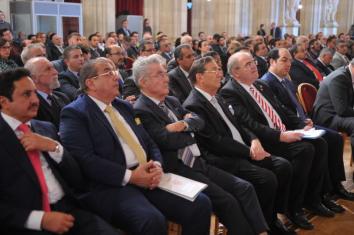
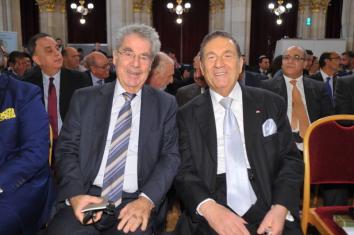









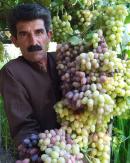



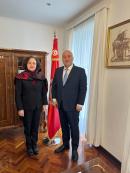









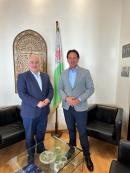

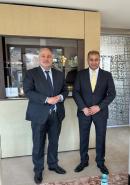
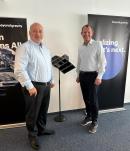
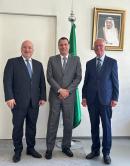
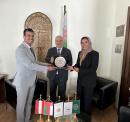


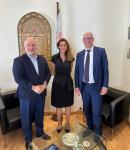
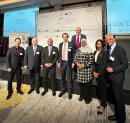
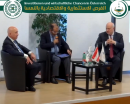




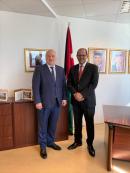
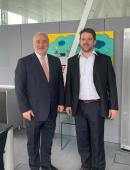
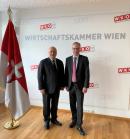

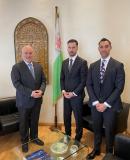

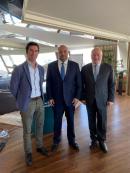
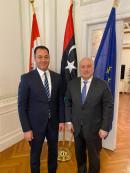





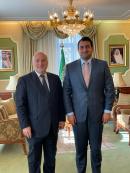
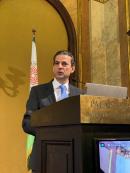
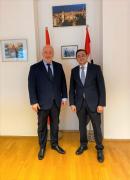
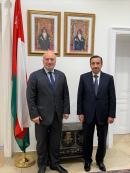



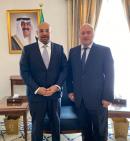
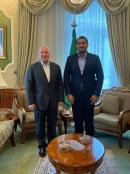
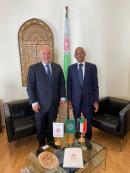
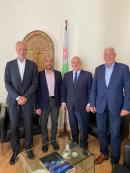
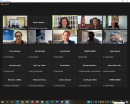


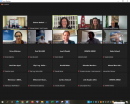




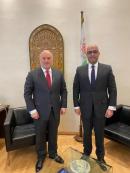

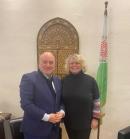


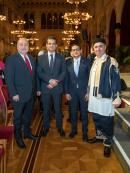

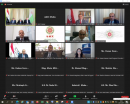



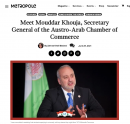



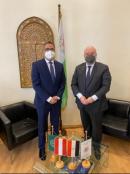


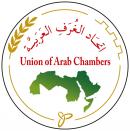
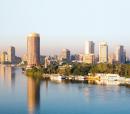


 Go to blog
Go to blog 